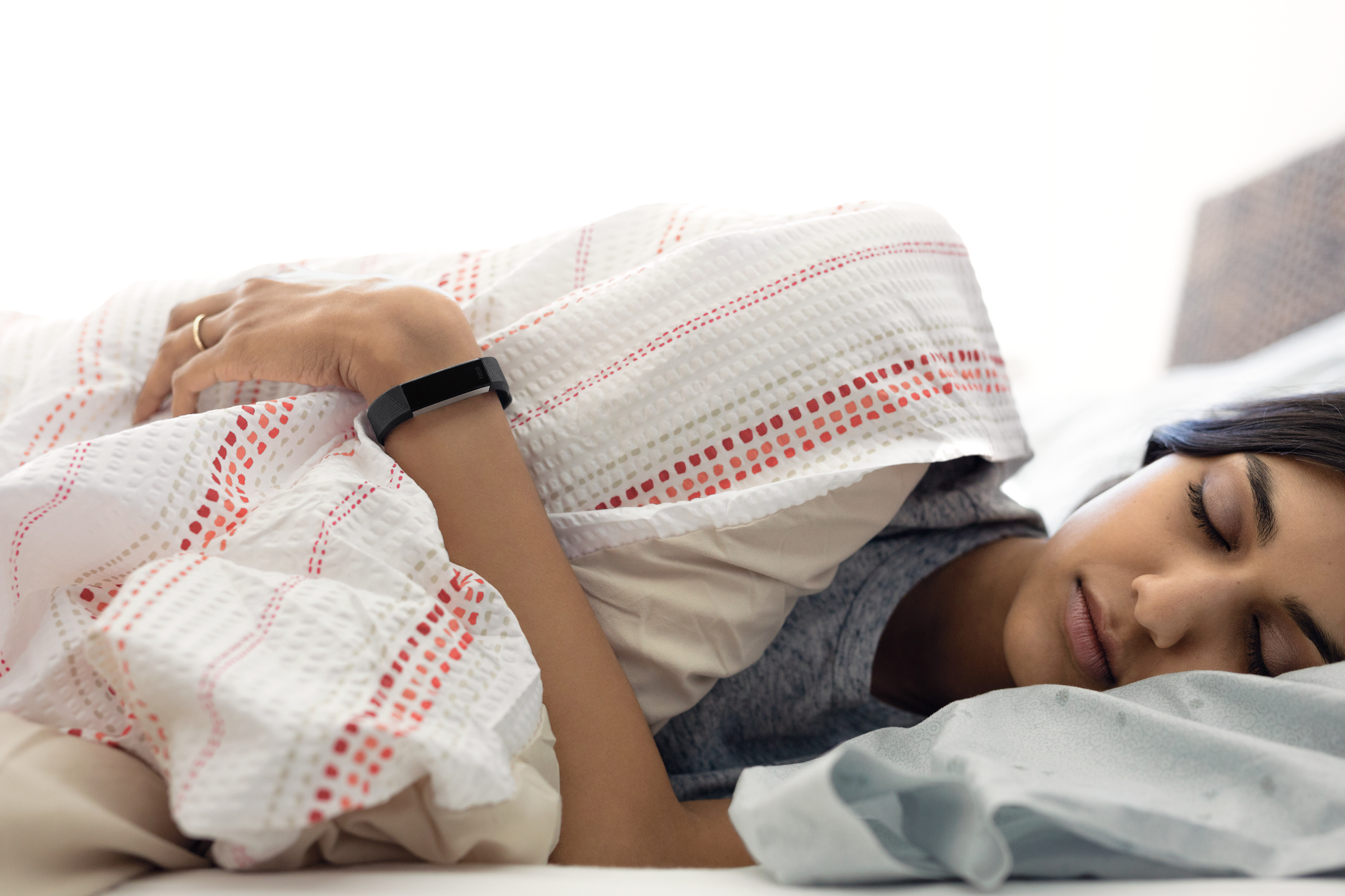
In May, Fitbit launched a virtual study to see if its wearables could be used to detect Covid-19 early. The company developed an algorithm that would monitor a users’ breathing rate, resting heart rate and heart rate variability to detect the onset of illness before symptoms appear.
Now, Fitbit is putting that algorithm to the test in a real-world setting. It will launch a prospective study with Northwell Health’s Feinstein Institutes for Medical Research to see if its algorithm could be effective in detecting Covid-19 in hospital employees.
The study is part of Fitbit’s broader work to move deeper into the health space, including its recent FDA clearance for an app to detect atrial fibrillation.
“Covid-19 has made that really at the forefront for most people in terms of thinking through their health and what that might mean for them individually,” said Amy McDonough, senior vice president and general manager of Fitbit Health Solutions. “We think about how do you help control and contain spread of either flu or Covid, and empower individuals to take the best course of action, whether working from home that day or going out and seeking testing?”
Fitbit was awarded $2.5 million from the U.S. Army Medical Research and Development Command (USAMRDC) to develop a wearable diagnostic for the early detection of Covid-19. The Department of Defense is testing several types of wearables as a potential way to detect infection.
Part of the funding will go to the study with Northwell Health. Several thousand devices will be distributed to employees of the large, New York health system, including both frontline custodial and hospital staff.
“The combination of Feinstein Institutes’ research expertise, Northwell’s Covid-19 testing capabilities and Fitbit’s promising algorithm in development, presents a unique opportunity to accelerate early detection of COVID-19, particularly for our frontline health care workers,” Feinstein Institutes Senior Vice President Karina Davidson said in a news release. “Based on our learnings, we aim to work together to advise other large-scale health systems on this approach to minimizing the spread of Covid-19.”
The first phase of the study will just be passive monitoring to see how the algorithm performs in a real-world setting. Fitbit’s previous study used self- reported data from 187,000 people, with users recounting their test results and when they first noticed the onset of symptoms. This led to some limitations — people aren’t always good at remembering when they first started feeling sick.
For the second phase of the study, Northwell Health employees will receive an alert for the early onset of illness, and will get tested. This will be on top of Northwell’s existing system of using daily questionnaires to ensure employees don’t have any symptoms.
Northwell has its own lab testing, which should help speed up the time it takes for employees to get a test.
“We anticipate that we will be as quick as a symptom-based approach and we’re hoping we can alert (employees) a couple of days early,” said Conor Heneghan, Fitbit’s director of research and algorithms.
He sees an opportunity for wearables to help augment testing, particular in helping identify asymptomatic people who might need testing.
That said, the technology still won’t be able to act as a perfect predictor for Covid-19. Other infections, such as the flu, result in similar physiological markers, such as increased heart rate and faster breathing.
“You might not be able to clearly distinguish between the two,” Heneghan said.
But from a practical point of view, that’s fine, since employees wouldn’t want to come into work with the flu either.
In the future, Fitbit said it would work with regulators to determine how to best bring these tools to market. It hasn’t yet specified a timeline or regulatory pathway.
Photo credit: Fitbit










